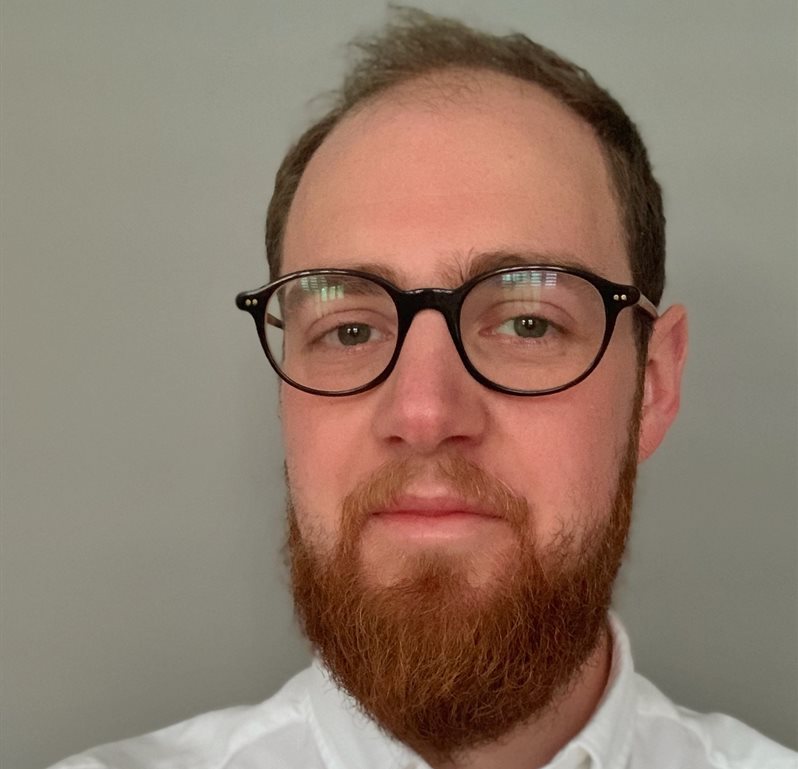Dr Josh Parker is a former student at BSMS and has recently received Wellcome Trust funding to do a PhD in bioethics at Lancaster University. Josh was very committed to bioethics throughout his time at BSMS and was winner of the Sue Eckstein memorial prize at his graduation ceremony. Despite studying elsewhere, Josh still helps the BSMS Admissions and Outreach team with talks on medical ethics. He spoke to BSMS about his new grant.
Tell us about the Wellcome Trust funding – how did this come about?
I was really lucky to be able to secure Wellcome Trust funding to look at the ethical questions raised by environmental sustainability in healthcare. I had previously applied to Wellcome but had been unsuccessful, so I was glad that persevering paid off. The funding came about because I had decided to do a PhD. Lancaster University was offering a funded PhD, which I did apply for but unfortunately the funding was pulled due to Covid. I had a discussion with my supervisors, and they were really encouraging and so we started to build an application for alternative funding. We discussed a few different potential projects before settling on this one. There is a paradox for healthcare in that industrialised healthcare is very bad for the environment and climate change is very bad for your health. So, it seems that the very thing healthcare is aiming to improve is worsened (indirectly) by the efforts of healthcare. This raises all sorts of ethical questions about how to resolve this. I'm really lucky to be carrying out my project at Lancaster University because they are doing loads of interesting work on this topic. Getting to this point has definitely been a team effort so I'm excited to get started.

BSMS Alumnus, Dr Josh Parker
What do you hope to do with your PhD?
I would like to hope that my PhD will make some small difference in the world. More selfishly, I would love to pursue an academic career. I suppose I see myself spending some of my time doing clinical work in general practice and some work as an academic. My PhD is therefore a step in that direction. However, I don't know what the future will bring or what opportunities might arise. I think that this is one really exciting aspect of having a couple of semi-independent interests (ethics and medicine), there's lots of potential directions to go in. At times it can be sort of unnerving because it's not always obvious how to fit together a clinical career with an interest in bioethics. What I have found is that there are lots of opportunities if you're willing to be flexible and work hard.
Why did you want to do a PhD in bioethics?
I have been slightly obsessed with ethics since before medical school. This snowballed throughout university and into my life as a doctor. Doing a PhD has felt like a natural progression and of course meets the instrumental goals that I've mentioned.
When did you become interested in bioethics?
Did your experience as a student at BSMS play a part in this? Bioethics possesses a unique and wonderful combination of qualities. It's fascinating, challenging and consequential. This is why I was drawn to ethics and have stuck with it. I arrived at BSMS with this interest and it was certainly nurtured here. I did student-selected components (SSCs) in medical ethics and student debates. Of course, Professor Bobbie Farsides was absolutely pivotal in this. She really encouraged me to apply to do an intercalated Masters in medical ethics at Manchester University, which was an amazing experience. She also supported me in applying for a grant to support my intercalation, not to mention doing my individual research project (IRP) together.
Tell us about your role with the admissions team – are you still involved with BSMS at all?
I know Darren Beaney is Mr Admissions now but I got to know him through the BrightMed programme. It is the connection to BrightMed that I've been really happy to have been able to maintain. I've done a couple of little talks on medical ethics for the students and have helped them prepare for a competition. It has been lovely to be invited back and to have been able to keep in touch.